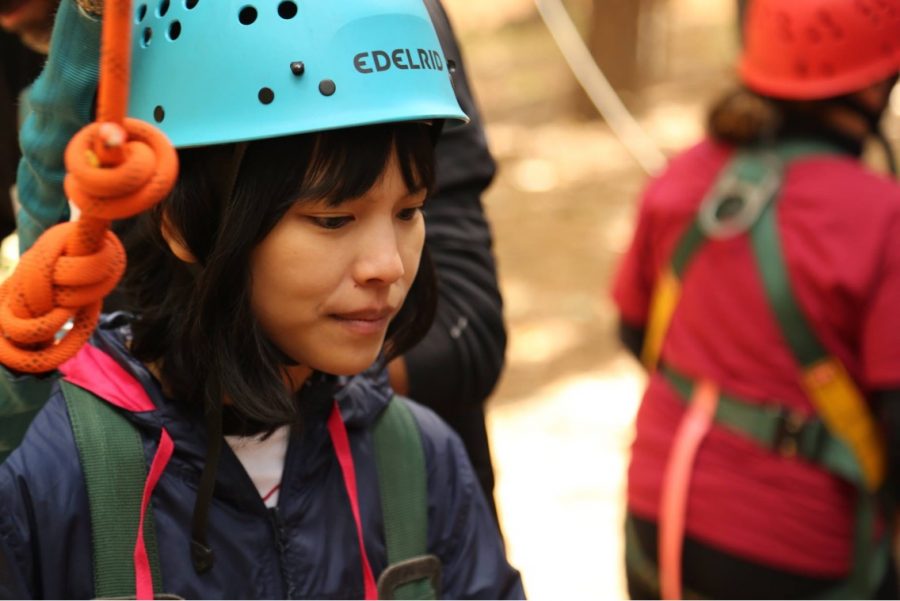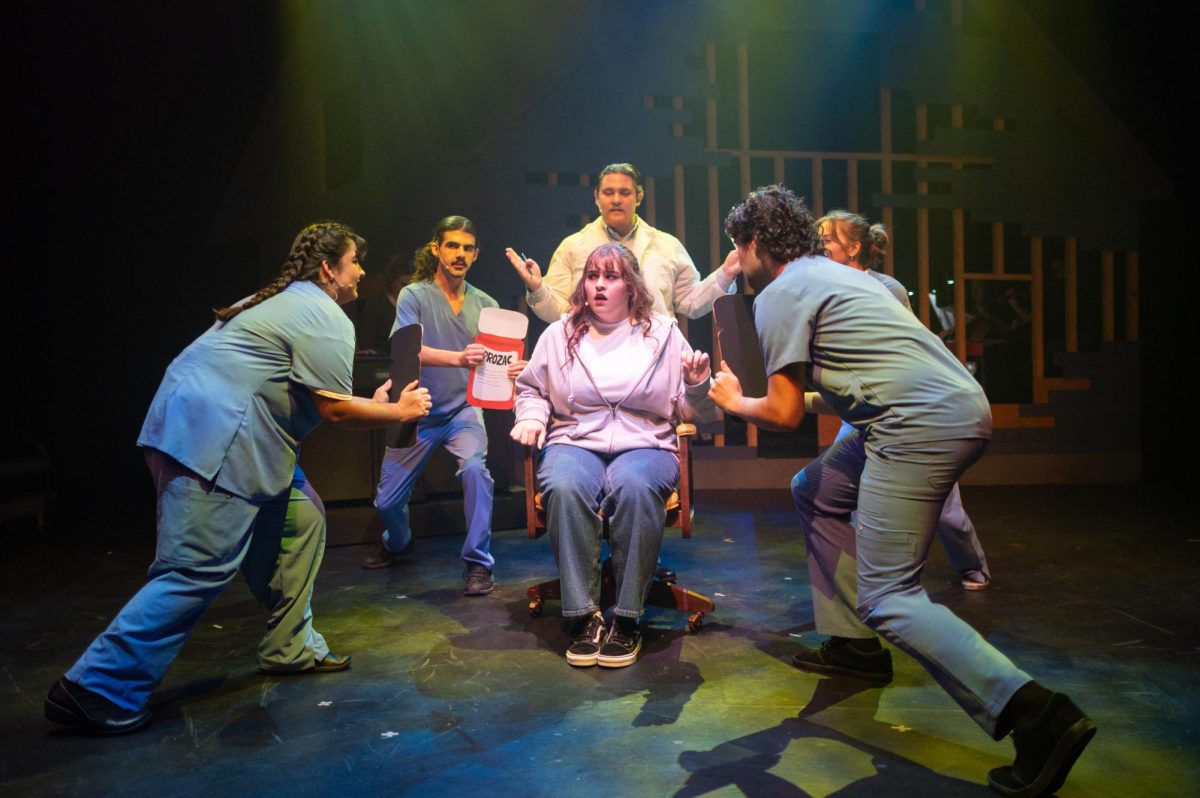The Chico State campus has a wide array of students. From multiple different countries, states, cities, backgrounds and religions, the students and faculty have to work together to make the campus inclusive.
One specific group of people on campus, the Deaf community, have been impacted greatly by interpreters and interpreting options offered by the Accessibility Resource Center (ARC) on campus.
One of these interpreters, Adele Harth, has been interpreting for Chico State for over 20 years and has recently been working with two of the 20 deaf and hard of hearing students on campus, both are international students which add a whole new element to the interpreting process, according to Harth.
Harth grew up in a Deaf home, both parents were deaf, and so sign language is something she has grown up with.
“I kind of backed into it, said Harth. “I didn’t know that there was a job like that. I had to do it for my parents, more so my mom, I got asked when I was in high school to go and interpret at the college. it was hard and I didn’t like it. It took me a few more years…”
She continued to pursue this passion at Chico State and has been impacting students ever since.
Interpreting, in general, is important to the students in the classroom both during lecture and group discussions. Wind, an MBA and international student at Chico State, expressed the need for interpreters and how much they help deaf students.
“This is my first time having an interpreter. Here in America,” said Wind. “When I was in Taiwan without an interpreter…Being in class was like not being in class, actually. I would guess and guess and guess. It was hard to stay focused and not fall asleep.”
In comparison to Wind’s experiences back home, an interpreter makes her feel connected to the class and discussion. She even expressed that the feeling of inclusion made her feel like,“I’m not deaf. I’m hearing them, so to speak.”
Sitting in class, watching the professor and interacting with students is made so much easier with the help of Harth and the other programs offered by the ARC on campus who are able to help the students communicate with each other.
“There is VRI, Virtual Interpreting. Sometimes the interpreters we have locally aren’t enough for our needs,” said Harth. “One I worked with was in Texas another in South America. We also use an agency in Redding for subbing and things like that. Also sometimes deaf students will get notetakers because they can’t watch the interpreter and take notes at the same time.”
Along with all of these benefits for students, according to both Harth and Wind, there are a couple things that students need to know when interacting with an interpreter and a deaf student.
“I would really like it for people to know that when a deaf person has an interpreter they can talk to the deaf person directly and not talk through the interpreter. That isn’t rude. It is better to talk to the person as if the interpreter wasn’t there,” said Harth.
Ultimately, treat the student like a student. The interpreter is there to make communication easier and conversation flow, and when speaking the speaker should address the person they are trying to talk to or get information from, according to Harth.
“Overall, it is friendly here,” said Wind on the student body and Chico as a whole. “And I have met some people that will be willing to show that they know how to sign a little bit and that’s nice. Even if it is only finger spelling, I do feel that it is good to share that [to deaf students].”
Hannah Yeager can be reached at [email protected] or @Hannah_K_Yeager on Twitter.









